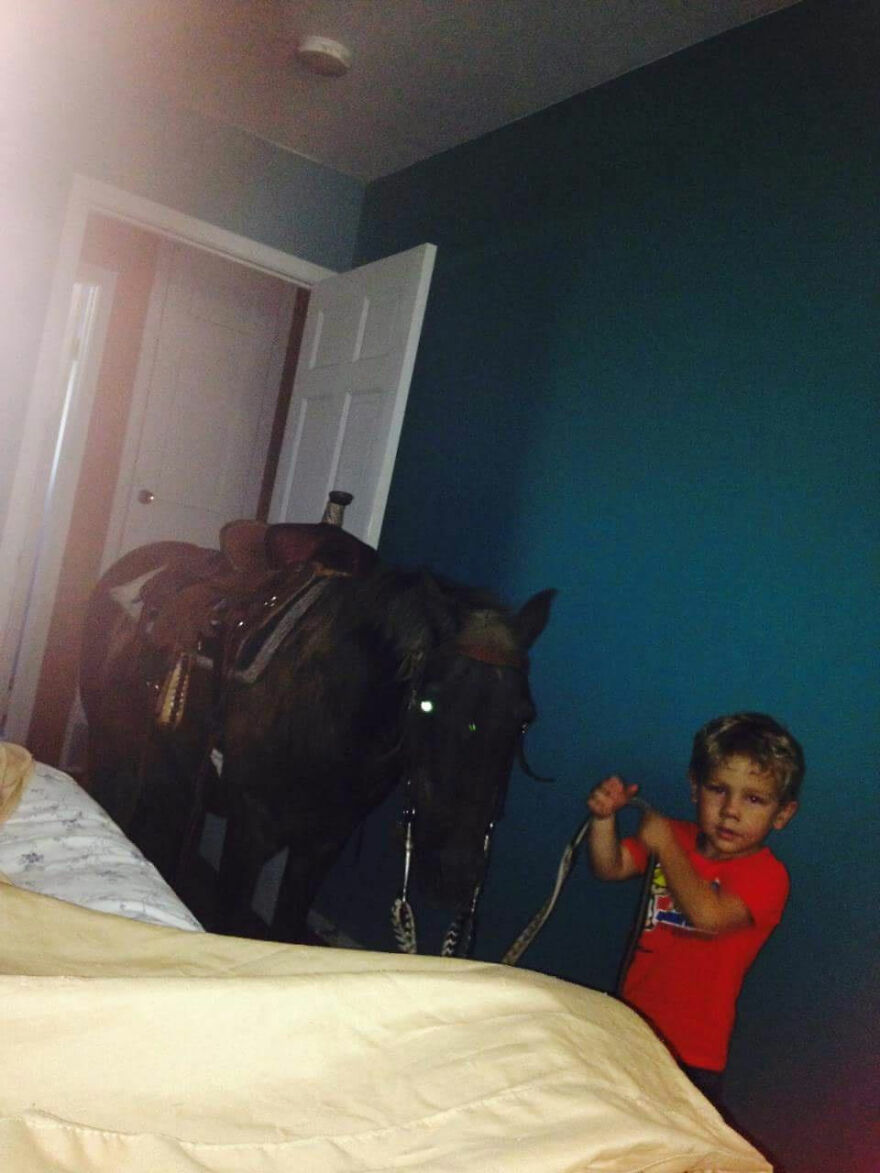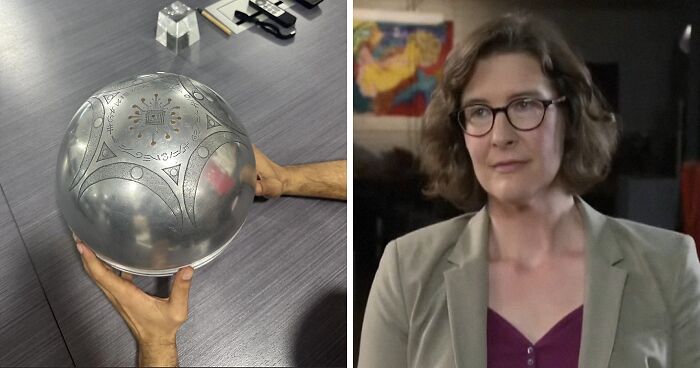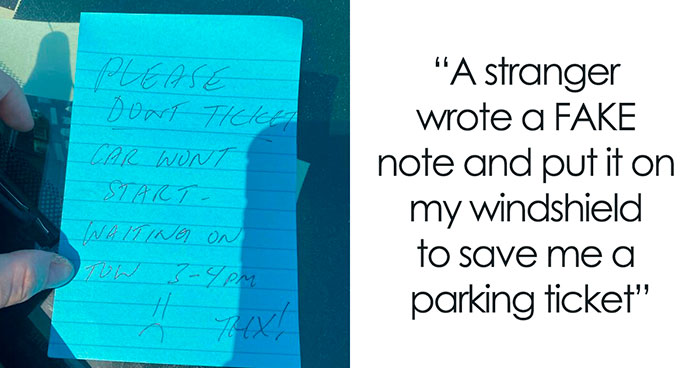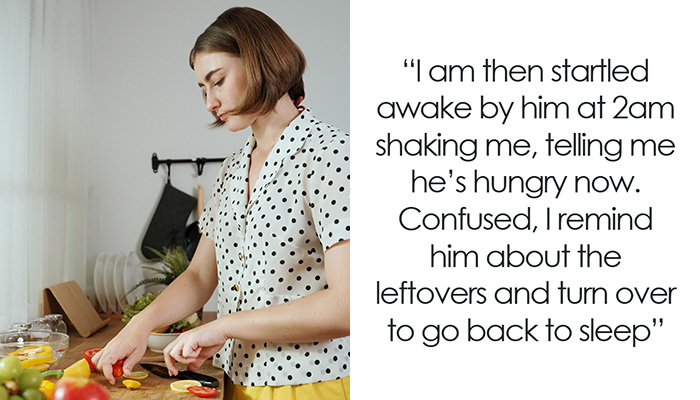If you ever embark on lengthy scrolling sessions, you know that they might lead to some random content. And by that, I don’t mean a random topic you didn’t know you were interested in before. I mean just random pics and bits of information. But you may also know that they can be surprisingly fun to browse.
Well, today you can see for yourself, as what we have prepared for you is a list of random ‘Pics That Go Hard’, as shared by a Facebook page titled exactly that. Ranging from funny pictures, to cool shots taken at just the right moment, and beyond, they are the perfect way to scroll the November gloominess away. So wait no longer, and start scrolling now!
Next to the pictures on the list below you will also find Bored Panda’s interview with the Professor of Communication at USC Annenberg School For Communication and Journalism Dr. Dmitri Williams, who was kind enough to discuss what is it that draws us to a certain kind of online content, groups, or pages.
This post may include affiliate links.
The Canadian Naval Diving Academy celebrates graduation by taking their class picture underwater.
Created just last year, the ‘Pics That Go Hard’ Facebook page has already amassed close to 40k likes and around 150k followers. It might come as a surprise that so many people are interested in content that isn’t focused on a specific topic, unlike a page for swapping clothes, for instance, or a group for those with a green thumb.
But that might also be a part of its charm – followers of the page can never really be sure what kind of picture it is that they’re getting next, but they can be sure that it’s going to be a ‘Pic That Goes Hard’; and that’s enough for them.
"I think we all know why I called you all into this meeting."
Discussing how people end up following one group (or page) or another, Professor of Communication at USC Annenberg School For Communication and Journalism Dr. Dmitri Williams pointed out that there can be many factors influencing the decision. “There's a degree of advertising and algorithms alongside personal and identity-based affiliations,” he noted in a recent interview with Bored Panda.
“If you're part of a generation, race, religion or interest group, that's obviously going to play a role, but you also have to know the group exists. That's going to happen via your personal networks and platforms making suggestions to you based on your characteristics and viewing. It's a little like ‘people who bought this also bought that’.”
We also tried delving deeper into why people might be drawn to browsing content that is completely random or join groups that aren’t focused on a single subject. “I can only speculate that some people might enjoy getting ‘outside the algorithm,’ since so much content is served to us based on marketing and categories. People, as they say, contain multitudes, and sometimes it's appealing to see part of yourself that the platforms don't know about get its day,” Dr. Williams noted. “And, you know, curiosity is a thing.”
If you spend any time online—and since you’re here, you clearly do—chances are you not only browse but share the content with others, too; whether it’s focused on a topic you think your loved one might be interested in or a random picture with no context your friend might find funny.
According to Dr. Williams, sometimes people share content with others out of love and helpfulness. In addition to that, he pointed out that, “There's also research on something called ‘transactive memory systems,’ which is a fancy way of saying that we can't learn and know everything, but we can get our friends to help store it for us.
“So, your friend who's into politics or tabletop games or whatever knows about that and you can tap them when you want expertise. Sending them info is partly you being helpful and partly you being smart about having them act as your cold storage,” the professor explained.
Bearing in mind that people can like up to 5,000 pages from one Facebook account alone, it’s safe to assume that they might follow quite a few of them. It’s also arguably safe to assume that such pages and online groups play a role, even if not that significant, regarding what people become interested in.
“People operate on the principle of social proof. If others are doing something, we assume it must be worth doing. So, simply seeing others in your network doing things will make it enticing for you to check them out, almost independent of what they are,” Dr. Williams pointed out, delving deeper into how online groups and pages influence what people find interesting nowadays.
“That said, if they're in your group, you probably share interests more than you would with people outside your group,” the expert added.
Asked what role online groups and communities will play in people’s everyday lives in the future, Dr. Williams suggested that, “They will continue to be an extension of our offline ‘real lives’ as well as be sources of information, drama, connection, and so on, as we live our lives both offline and on, with people around the world we likely will never meet, but who are still real to us.”
It is true that, even if we don’t know the people in the random pictures we share or the fellow netizen that replies to our comments, they are real to us. And that’s arguably part of the charm of following a random group or an online page brimming with images that might not be focused on one topic, but they sure “go hard”.
That's a still from a real video I saw recently...no AI, no photoshop here...🃏 🛹 🦇
So this was the reason for the man who broke curfew 2020 in Italy, he brok the pasta and went on an 6 day walk? /jk (From another BP post)
He would have gotten away with it if it wasn't for them pesky kids!

 Dark Mode
Dark Mode 

 No fees, cancel anytime
No fees, cancel anytime 

























































































































































